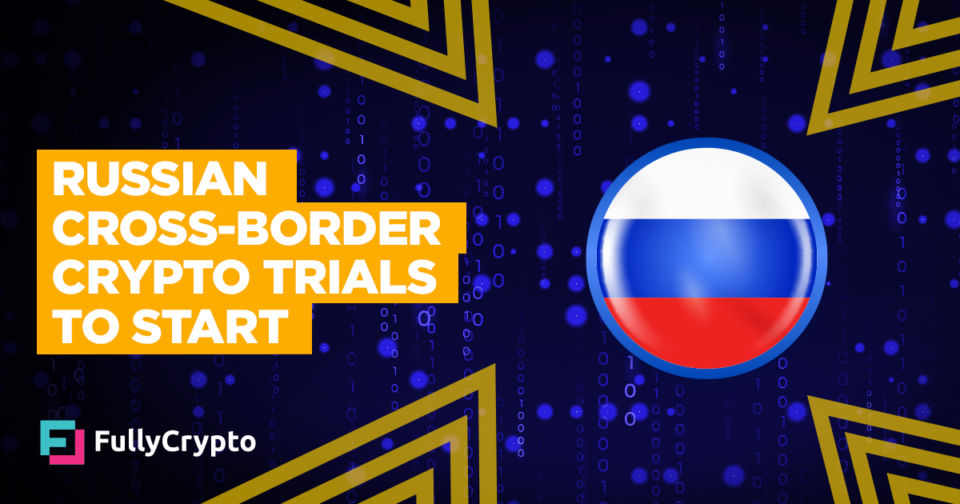By Mark Hunter
16 hours agoMon Sep 02 2024 07:44:04
Reading Time: 2 minutes
- Russia is set to initiate trials for cross-border cryptocurrency transactions to bypass Western sanctions
- Moscow has sought alternatives to the traditional financial system due to increasing isolation
- The effectiveness of this strategy has remained uncertain and widely debated
Russia is set to trial cross-border cryptocurrency transactions next week in an attempt to circumvent Western sanctions imposed due to its actions in Ukraine. This move reflects Moscow’s efforts to seek alternatives to the traditional financial system, which has become increasingly challenging for the country as sanctions have isolated it from global markets. However, whether this strategy will be successful or not remains a matter of debate.
Crypto’s Appeal to Russia is Obvious
Cryptocurrencies, being decentralized and borderless, present an appealing option for countries like Russia, which face severe financial restrictions. By using digital currencies, Russia hopes to bypass the traditional banking networks that are tightly controlled and monitored by Western powers.
Transactions through blockchain networks can be executed without the need for intermediaries like banks, theoretically allowing Russia to conduct international trade with less scrutiny.
Far From Foolproof
However, there are significant challenges and risks associated with this approach. Firstly, while cryptocurrencies offer a degree of anonymity, they are not entirely untraceable. Blockchain transactions, although pseudonymous, leave a permanent record that can be analyzed by sophisticated tracking tools.
Western governments, along with private sector firms, have become adept at monitoring blockchain activity. Any large-scale attempt by Russia to use cryptocurrencies for international trade could be detected, potentially leading to further sanctions or other punitive measures.
Moreover, the liquidity and scalability of cryptocurrencies are potential issues. The market for digital currencies, while growing, may not yet be large or stable enough to handle the volume of transactions a major economy like Russia would require. Volatility in cryptocurrency prices could also introduce significant financial risk, potentially leading to unpredictable costs for imports or exports.
Will Anyone Go to the Dance?
Additionally, Russia faces the challenge of finding willing and trustworthy international partners to engage in these crypto transactions. Many countries and businesses may be reluctant to trade with Russia via cryptocurrencies due to the legal and reputational risks involved, especially if they themselves are subject to Western scrutiny.
In conclusion, while Russia’s planned use of cross-border cryptocurrency transactions to evade sanctions is innovative, it is fraught with uncertainties. The risks of detection, volatility, and finding cooperative partners could limit the effectiveness of this strategy, making it a risky gamble rather than a guaranteed solution to its financial isolation.



